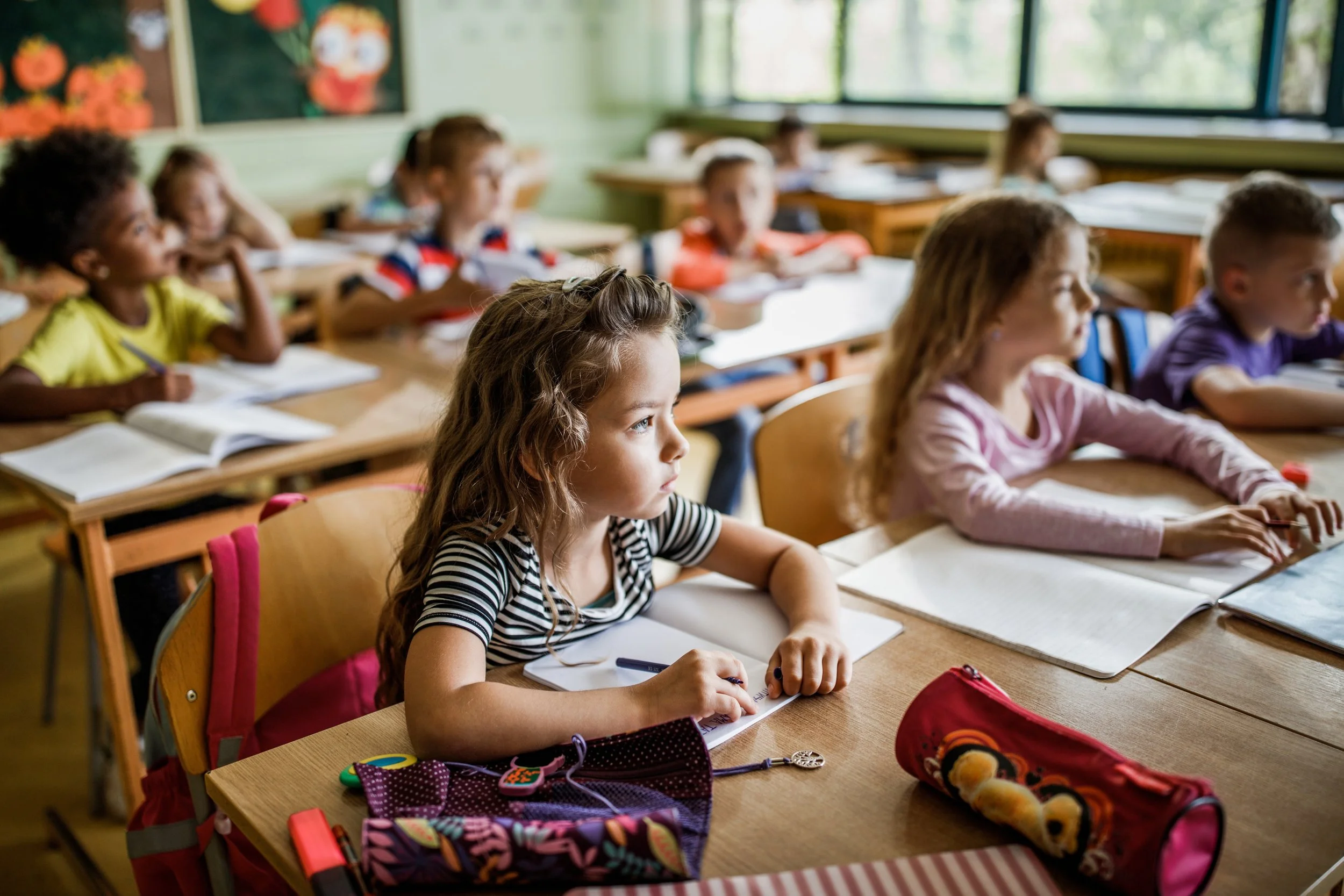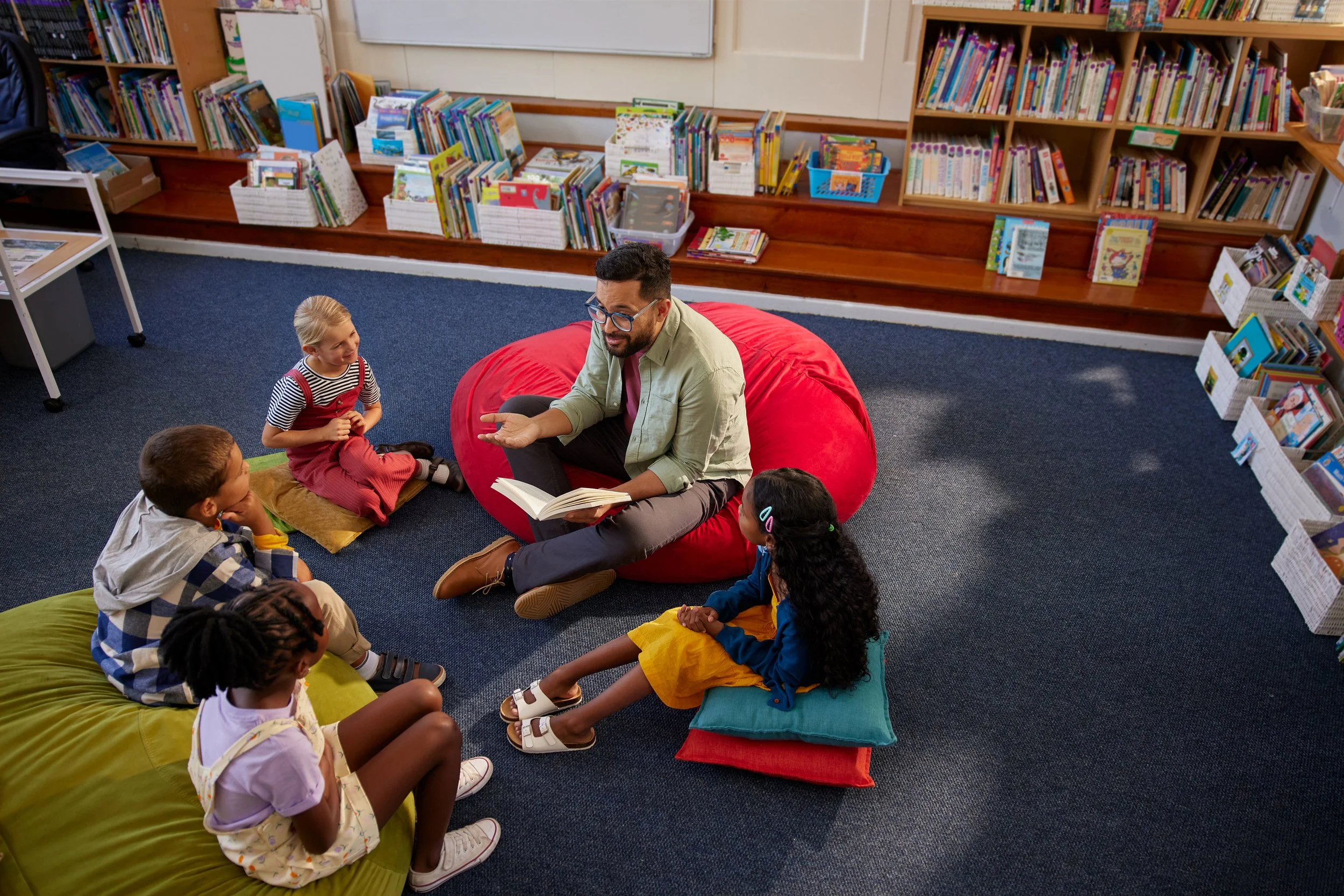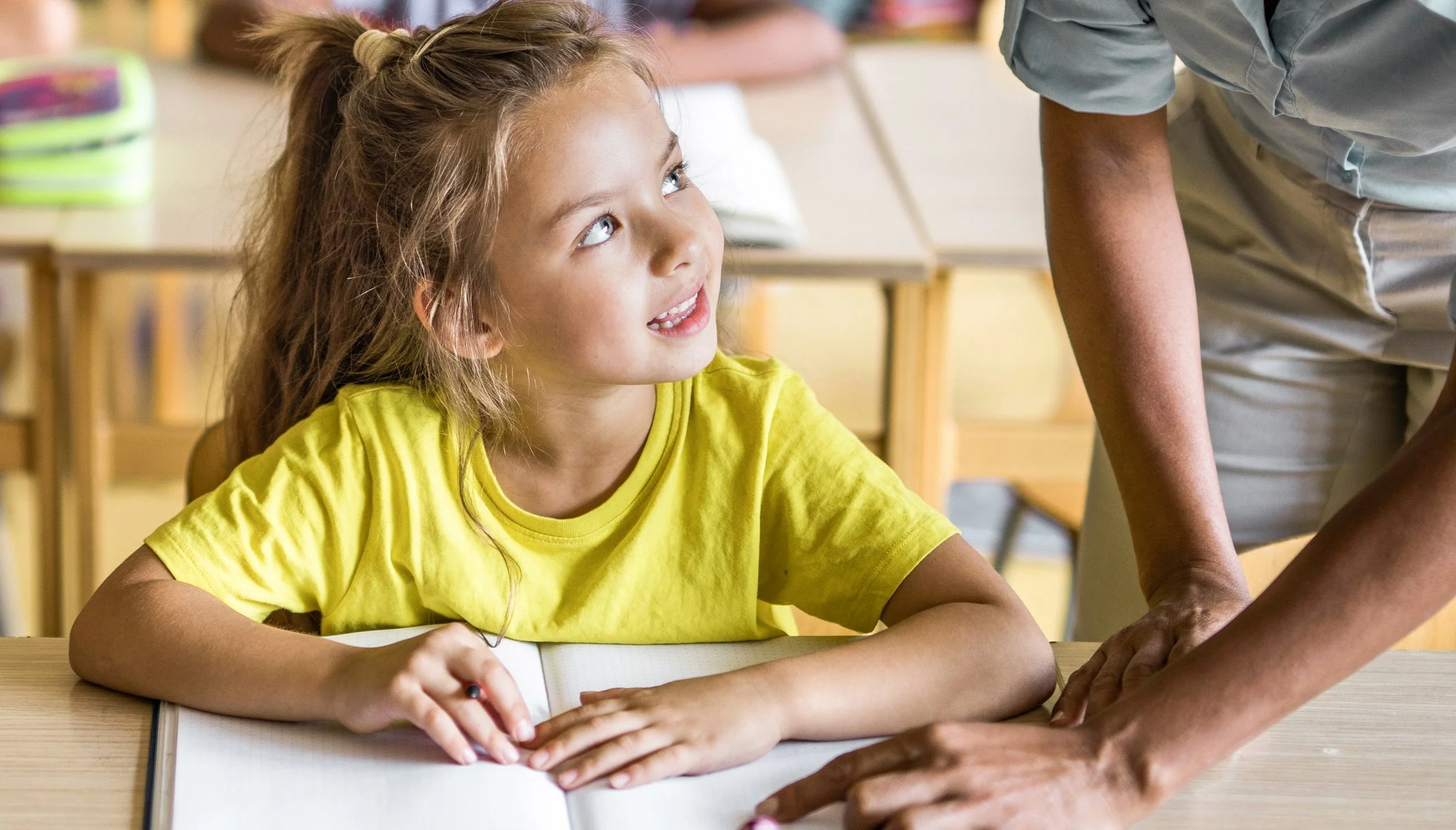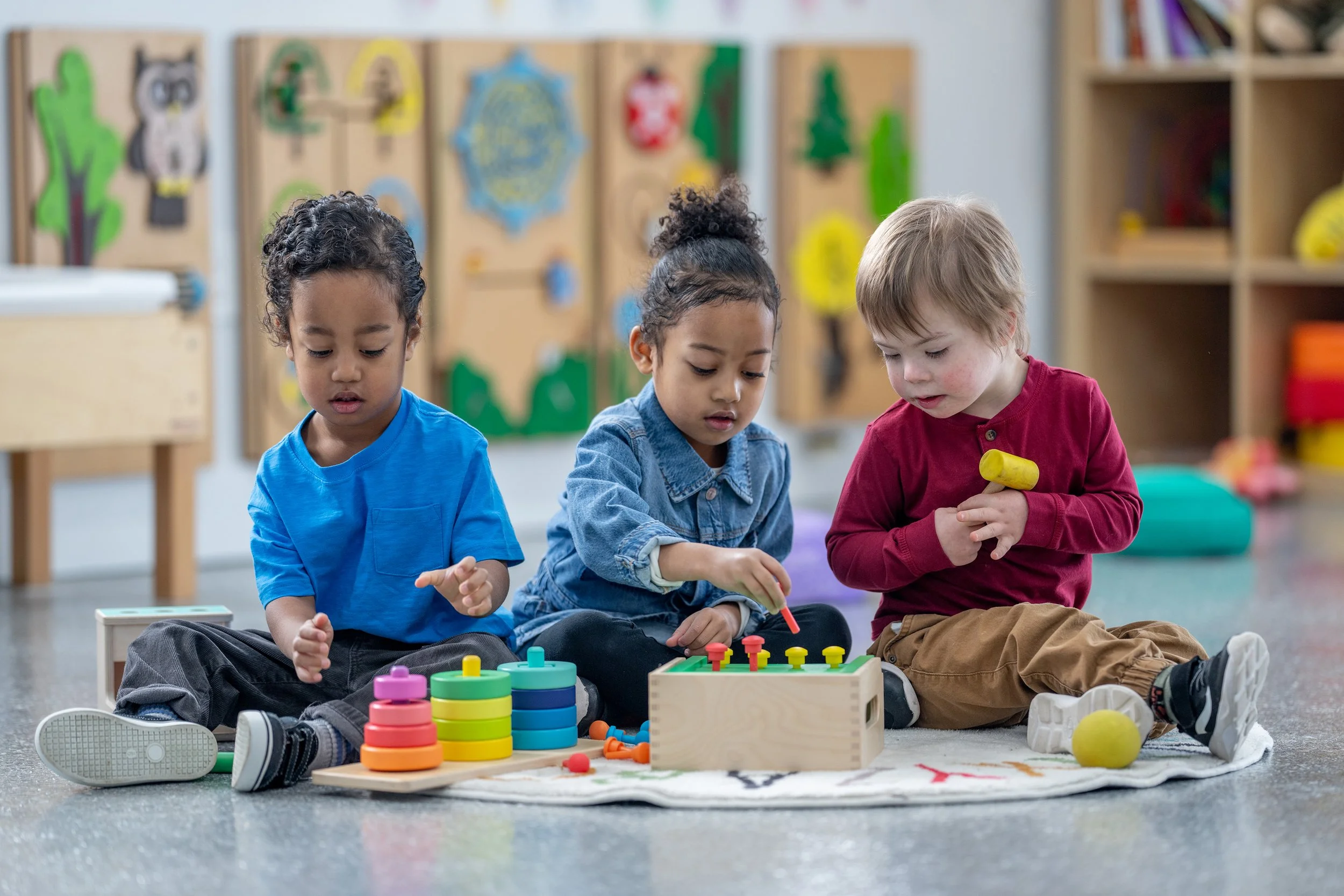
When Children Succeed
When children succeed, we break the
cycle of generational poverty.
Launched in 2018, the When Children Succeed project helps K-2 students overcome poverty-related learning barriers by providing intensive in-class support in seven Saint John elementary schools operating in low-SES neighbourhoods. The project is designed to close the education achievement gap between these students and their more fortunate peers by the time they complete Grade 2.
Background
When Children Succeed builds from a successful pilot that ran from 2001-2011 at Prince Charles School, an elementary school serving a neighbourhood with an 85% child poverty rate.
Adding three additional teachers to address the children’s learning needs resulted in a significant increase in student achievement. Standardized tests by Grade 7 jumped by 106 per cent in writing and 121 per cent in reading from 2006 to 2011. The high school graduation rate for the neighbourhood students has risen - from 41% (2011) to 75% (2017).
In 2018, in partnership with the Department of Education and Early Childhood Development, Anglophone School District – South, and the Government of New Brunswick through the Living Saint John Social Innovation Fund, the School District and BCAPI launched When Children Succeed – a multi-year demonstration project designed to help K-2 students in seven elementary schools serving the city’s poorest neighbourhoods succeed in school, paving the way for New Brunswick to improve education outcomes.
Purpose
Low socio-economic-status children, particularly those who live in low socio-economic-status neighbourhoods, often arrive at Kindergarten up to 3 years behind their more fortunate peers. The When Children Succeed project aims to close this achievement gap by Grade 3.
Research foundation
Research shows that a significant percentage of low socio-economic-status children enter kindergarten 1-2 years behind, cannot read proficiently by grade 4, and enter grade 12 four years behind their peers.
School participants
Participating Schools + their neighbourhood Childhood Poverty Rate (Stats Canada 2016)
• Hazen White St. Francis – 94.2%
• Saint John the Baptist King Edward – 65.9%
• Prince Charles – 64.9%
• Centennial – 58.0%
• Princess Elizabeth - 49.8%
• Glen Falls – 44.0%
• Seaside Park - 32.6%
Interventions
The seven participating elementary schools were provided three additional teachers, as well as a dedicated Speech Language Pathologist to help students master the basic Early Literacy and Numeracy skills that are essential for the higher grades.
Schools were allowed to deploy the teacher resources as they wished, which meant some schools implemented co-teaching models in these early grades, and some schools were able to significantly lower the class size. In either scenario, the extra resources allowed teachers to spend more individualized time with each student.
Key project strategies include:
Provide K-2 students with intensive individualized supports to acquire basic skills and a strong foundation leading to progressive education success.
Equip schools with additional educators and professional resources to help the students catch up to their peer group and meet education benchmarks by Grade 3.
Strengthen the students’ social skills and academic skills, particularly oral language, literacy, and numeracy.
Engage parents, build trust, and involve them in their child’s education success.
Apply best teaching practices and evaluation methods (quantitative and qualitative).
Help staff work as a team to continuously learn from the project (and one another) and improve student outcomes.
Results
BCAPI’s role
BCAPI is a project partner. Our role is to advocate for project funding, work with our ASD-S and school partners on data collection and reporting, to manage stakeholder relations, and to problem-solve/remove roadblocks along the way.
Funding
The project costs $1.5 million per year.
The first three complete years of the project were funded in the following proportions:
$1.5 million – Government of New Brunswick/Department of Education and Early Childhood Development
$1.5 million – Anglophone School District – South
$1.5 million – BCAPI fundraising (individuals, businesses and foundations)
The 2022/2023 through 2026/2027 school years were/are to be funded as follows:
$3.0 million – Department of Post-Secondary Education and Training
Looking forward
The When Children Succeed project is proving to be a model for success that can be adopted not only for Saint John but also throughout New Brunswick to improve outcomes for many more children.
We are working closely with our government and education partners to secure ongoing funding for this initiative.





